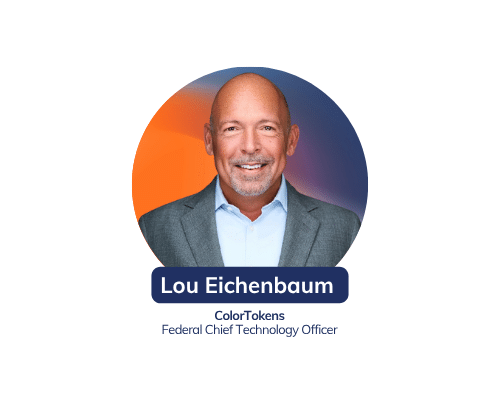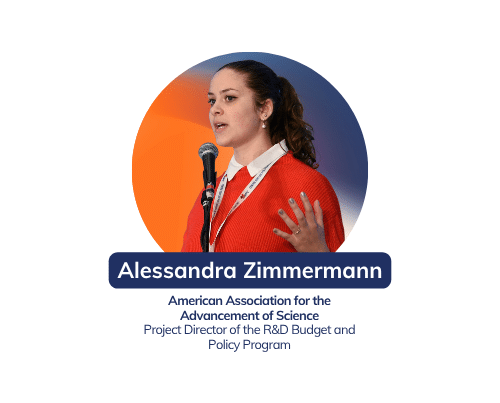Jaylon Romine talked to me about his career path and his journey through Tribal agriculture and policy. His passion to work and help Tribal Nations has led him to working at the Department of Agriculture and pursuing law school.
Can you tell me about your career path that has led you to where you are now?
I am a Tribal alumnus at the Haskell Indian Nations University. I am currently applying to law school. One of the main reasons I decided to go to law school was the McGirt VS Oklahoma Muscogee Creek Nation case where much of Oklahoma got reestablished as Tribal land. Seeing this made me want to help and participate in other similar cases. This also led me to finding my current position at the Department of Agriculture.
How did you become passionate about the intersection of tech, government, and tribal communities, and how do you stay informed and engaged in those areas?
As a tribal member, there is a complicated history between Tribal governments and the federal government. It is only recently that Tribal members have gotten a bigger voice. History is critical in this relationship and to the work that is done with Tribal nations. I want to work to change instead of dwelling on the past and create a better future.
What do you believe sets Tribal Government Relations apart as a unique work environment, and how do you navigate its challenges in your everyday work?
Tribal communities have a political policy that is unique because of treaties. In exchange for acres of land, the government must protect certain rights for Tribal Nations and their members. However, the U.S. government has not always held to this which is why there is a need to work to get Tribal voices back with cases like McGirt VS Oklahoma.
Describe a challenging or rewarding project that significantly influenced your growth as a professional. How did you handle the challenge, and what did you learn from the experience?
I switched degree paths after getting my associate‘s degree. I took psychology classes, and I questioned myself and if I was ready. I did a project on civil jurisdiction and the regulation of oil in Oklahoma and how it was affected by the Supreme Court ruling. My mentors told me that I should go to law school, and I felt inclined to do it. I am a lot more confident about my journey in the Tribal agriculture and policy space.
What advice would you give to someone navigating how to bridge the gap between traditional practices and modern governance structures?
We live in a day where we are absorbed by our own opinions. Often most people do not listen to the other side. I want to be able to communicate Tribal issues by being open and not being angry about them. The advice is to learn how to communicate, especially when it comes to delicate issues. Try to understand where the other people come from and how you can meet them, at the table.
Word Association, what is the first word that comes to mind for each of there?
- Policy – Indian Law. How we can use it to our advantage.
- Networking – Showing up on time to be your best self.
- Communications – Professionalism and empathy.
- Leadership Connect – Great tool! Makes my job a thousand times easier.






